Scaling-up and evaluating salt reduction policies and programs in Latin American countries
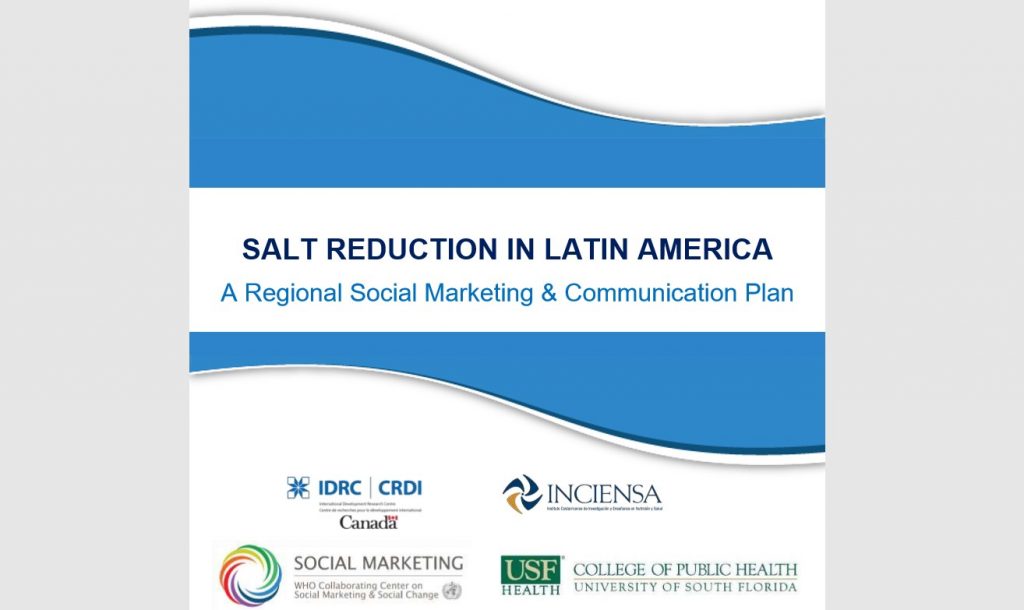
In May 2020, the final technical reports of the International Development Research Centre (IDRC) project, “Scaling-up and evaluating policies and programs in salt reduction in LA countries,” were published. The reports and most outputs can be found in the IDRC Digital Library. Some key report include: Regional policy Brief, “The Challenge of Reducing Dietary Salt […]
FoodSwitch: State of the Fast Food Supply

A survey on the state of the fast food supply in Australia by The George Institute for Global Health found 60 out of 144 fast food combo meals exceeded sodium targets; 23 of these were from Red Rooster and 18 from Hungry Jacks. The sodium targets were benchmarked per serving against the Australian Government’s Suggested […]
Reducing salt in bread to protect from cardiovascular disease in Morocco
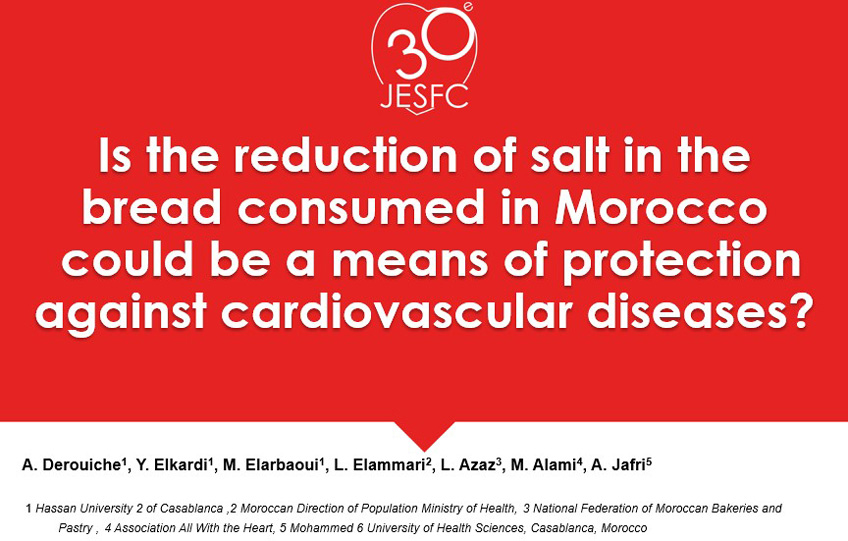
In January 2020, Abdelfettah Derouiche presented recent salt reduction research from Morocco at the European Days of the French Society of Cardiology Congress in Paris. In his presentation he reflected on a five-year awareness raising campaign that aimed to encourage bakeries to reduce the amount of sodium chloride used when making white bread, along with […]
Researchers Find Formula to Reduce Sodium in Bread

A new low sodium bread dough formula has been developed by researchers from the University of Manitoba and Canada Bread. The sodium content of the bread baked by the researchers was reduced to 380 mg/100g with the new formula, down from an average of 450 mg/100g sodium in regular breads in Canada. They studied how […]
Savoury Snacks Report

For World Salt Awareness week, The George Institute, in partnership with Heart Foundation and VicHealth, released a report on the salt content of savoury snacks. The report analysed more than 1500 savoury snacks from 2013 to 2019 and found vege-based and legume-based snacks contain alarming amounts of salt. The saltiest vege-based snack, a kale chip, […]
Salt Awareness Week Activities 2020
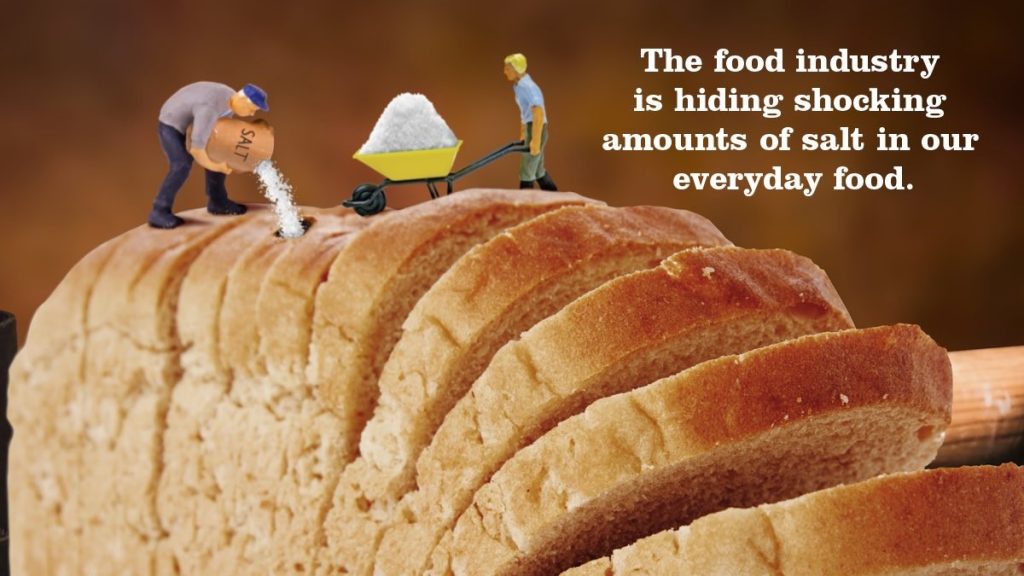
World Salt Awareness week took place from the March 9th to 15th. The theme was “Hide and Seek” and global activities aimed to highlight salt “hidden” in processed and packaged food and the difficulties faced by consumers “seeking” lower salt options. People were encouraged to contact food companies to demand less salt in food as […]
Seaweed flakes as an alternative to table salt?
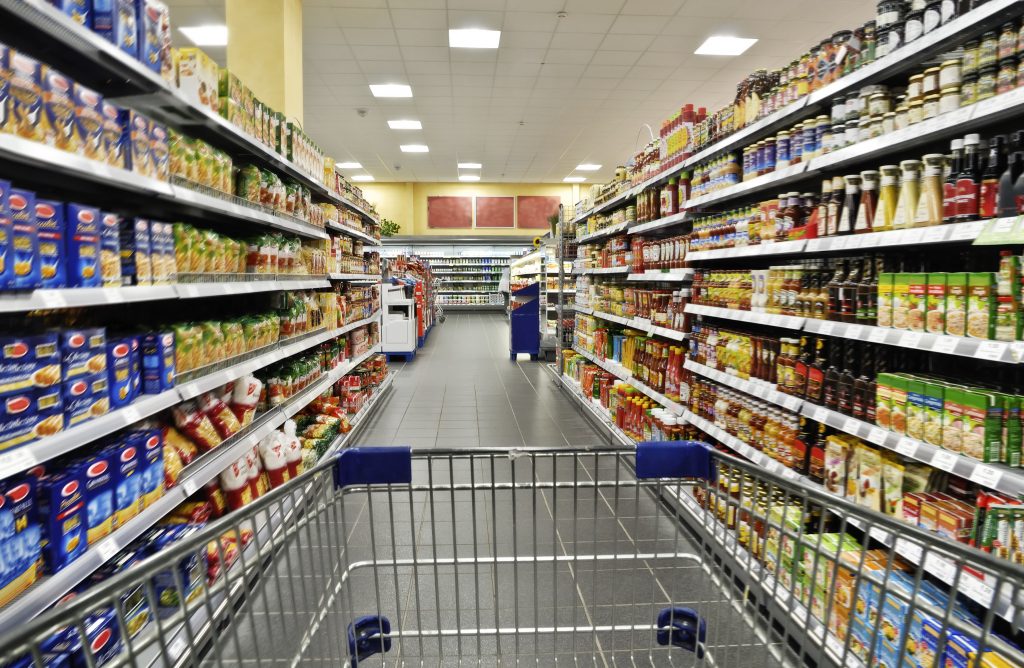
Seaweed has approximately 85% less sodium than salt while offering important micronutrients such as iodine, potassium, magnesium, calcium, iron and zinc. Seaweed flakes can be added to stir-fries, noodles, and rice or to boost flavour in any dish. The seaweed market was valued at $11.1 billion in 2016 and is growing. There are now ground […]
“Pass less salt and when you pass it, make it potassium salt”
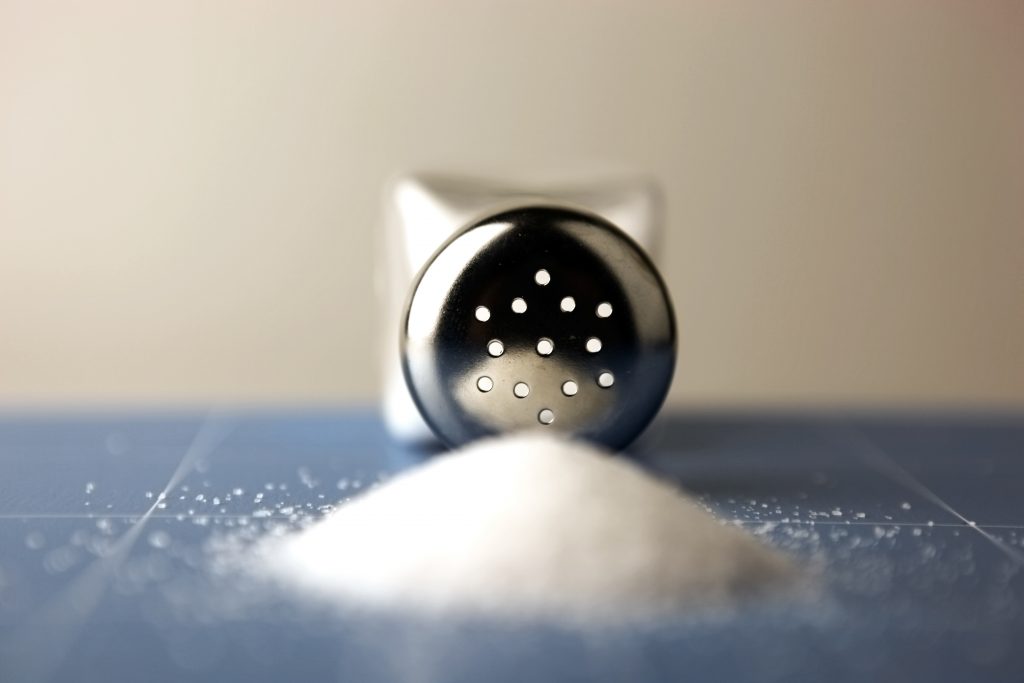
In an article recently published in The Hill, author Dr Thomas Frieden (President and CEO of Resolve to Save Lives) discusses the petition to the FDA to change potassium salt labelling regulations. Currently, the FDA requires companies to list potassium salt as “potassium chloride salt”. Frieden suggests that this could discourage people from purchasing […]
New Survey Finds Two Rashers of Bacon are Saltier than 8 Bags of Crisps – Action on Salt, UK
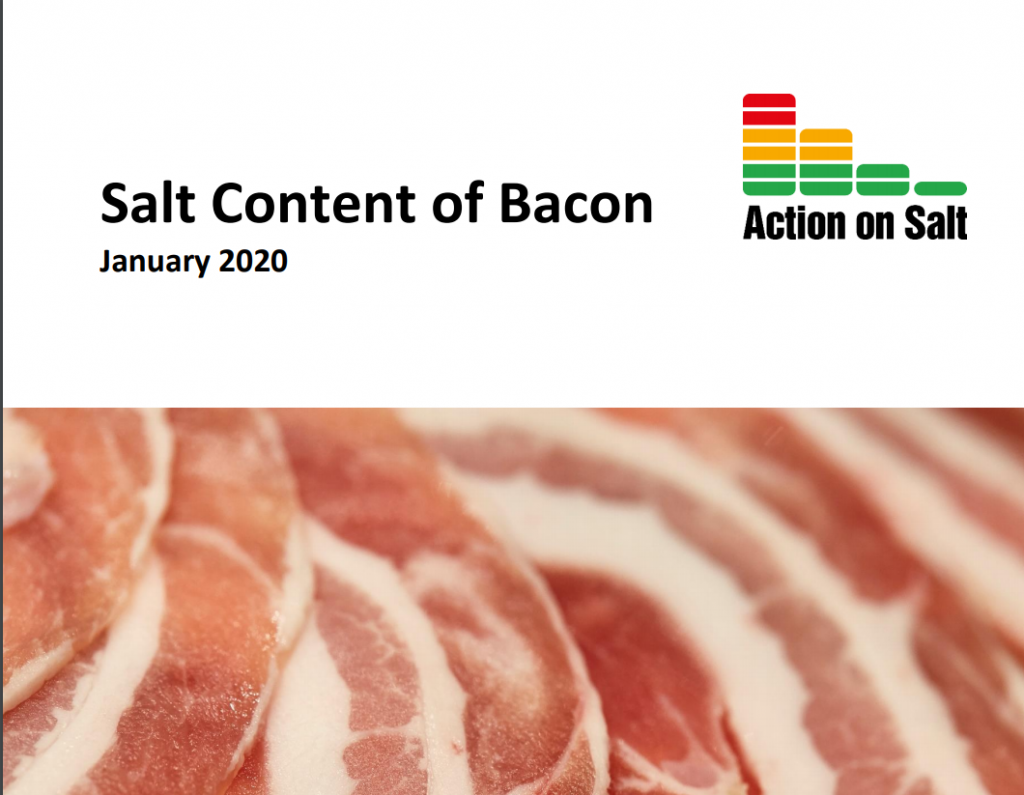
In a recent survey conducted by Action on Salt, researchers investigated the salt content of bacon sold at ten of the UK’s major retailers. Of 171 products, all but one were high in salt according to the UK’s voluntary front of pack traffic light labelling criteria, and on average the bacon contained 3.21g of salt […]
Strengthening Malaysia’s National Salt Reduction Strategy (2015-2020)

Last year Dr Kathy Trieu and Prof Jacqui Webster from The George Institute for Global Health conducted an interim evaluation of Malaysia’s national salt reduction strategy with a view to identifying areas where the strategy could be strengthened. The mid-term evaluation report including the six key recommendations for enhancing implementation is now published on the […]